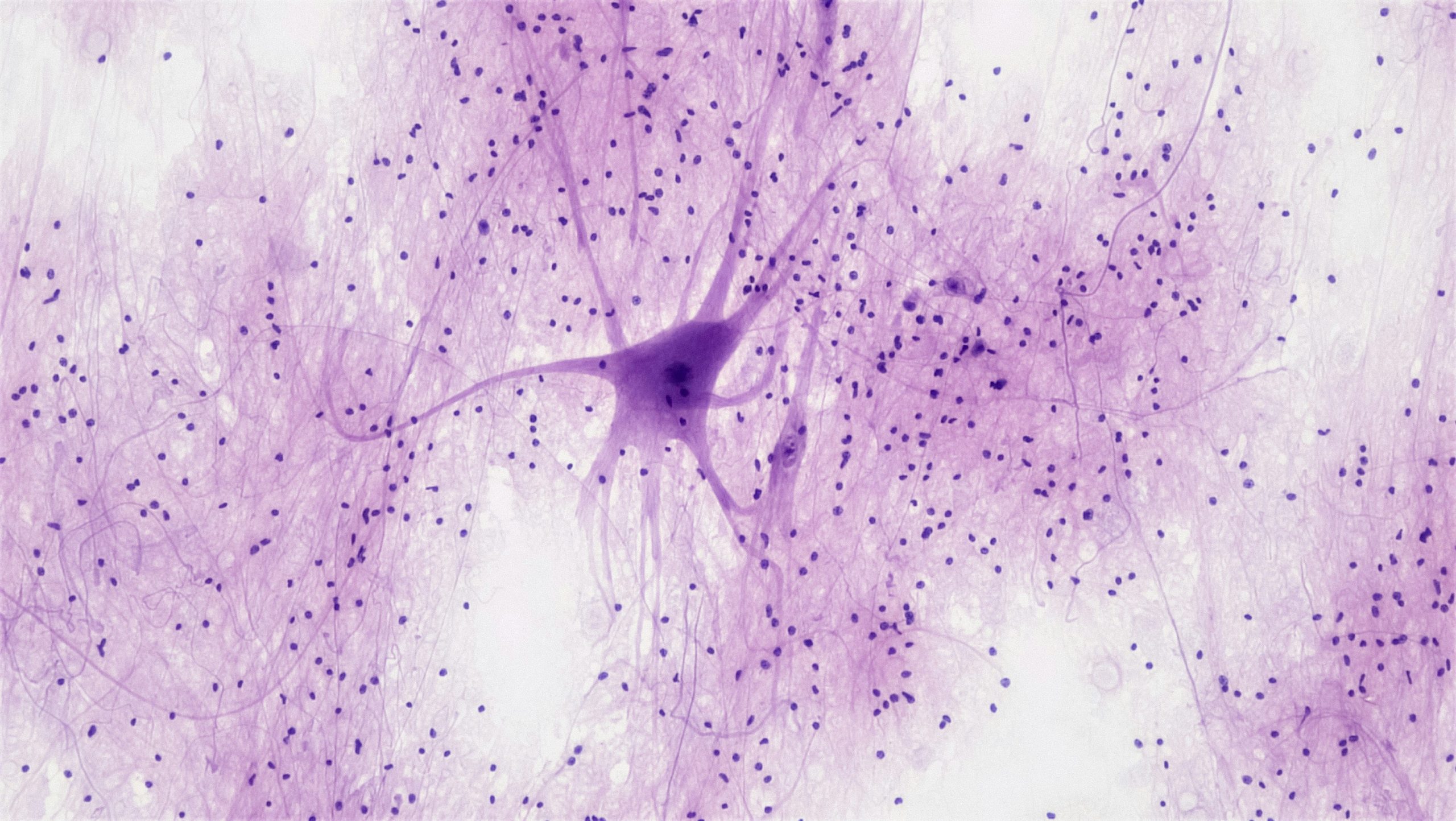Runner-up of the Hilary Term 2020 Schools’ Writing Competition
Emily Allen, Year 12, Oxfordshire
Something as tiny as 40μm surely doesn’t have the power to fix the planet? What if I told you it does. It’s hard to believe but cyanobacteria are mighty, despite being minute. They have photosynthetic abilities unlike other organisms. Residing freely in a variety of moist soils and water, or in a symbiotic relationship with plants, cyanobacteria have insane adaptive abilities; their climate resistant spores, akinetes, form in harsh environments acting as a survival feature, allowing cyanobacteria to live in ordinary conditions as well as extreme environments. It is already sounding ideal as a planet-fixing tool, but what does it actually do?
Cyanobacteria contain heterocysts. These are cells specialised for fixing to nitrogen in the atmosphere, they are packed full of the enzyme nitrogenase which allows them to do this by fixing nitrogen into ammonia, nitrates and nitrites which can be used by cyanobacteria to synthesise proteins or nucleic acids. In addition to its nitrogen-fixing abilities, cyanobacteria have a carbon concentrating mechanism. This means that it can increase the concentration of inorganic carbon many times over the environmental concentration of carbon dioxide. This carbon is then used by cyanobacteria as a reactant in photosynthesis, where oxygen is produced as a waste product and released into the environment. Could this mean that cyanobacteria is a tonic to our atmospheric pollution?
Biotechnology and energy industries are reviewing cyanobacteria as a sustainable energy source. Cyanobacteria have the ability to produce many types of fuels which would reduce the pressure on our finite fossil fuels. There are high levels of lipids in the thylakoids of cyanobacteria which can be transesterified to extract the hydrocarbon fractions which can then be used as transport fuel as ‘biodiesel’. In addition, carbohydrates in cyanobacteria can be fermented to produce ethanol and methane which can both serve as fuel, releasing energy in combustion. This means that cyanobacteria has the potential to act as sustainable energy source which will become more necessary as the global population increases whilst fossil fuel reserves become depleted. Cyanobacteria is also easy to produce on a large scale, they have the ability to grow larger than other algae species on basic nutrients, and they grow bigger when exposed to air. This means that cyanobacteria could be a solution to a global energy crisis.
As messianic as cyanobacteria may present itself to be, we must also consider its toxicology and health and environmental implications. Cyanobacteria can reproduce and survive in many environments with ease, due to not having many nutritional or environmental needs. This is a favourable feature when we want to produce large quantities at low cost, however, this is dangerous when left unsupervised. Cyanobacteria can reproduce explosively under the right conditions which results in algal blooms. Harmful algal blooms (HABs) can use up lots of oxygen in the water in respiration as well as forming a layer on the surface of the water, blocking out the sunlight, which means that it is difficult for other species to survive in that environment which, in turn, affects the biodiversity. Human populations can also become exposed to HABs when swimming in or drinking contaminated water, or breathing in contaminated air. The cyanotoxins can affect the skin, liver and nervous system, and has commonly caused death in dogs that have been swimming in contaminated lakes. Cyanobacteria does have its drawbacks and can produce deadly cyanotoxins, does this mean that cyanobacteria harms us more than it helps us?
Cyanobacteria are without doubt extraordinary microorganisms with astonishing capabilities. Their nitrogen-fixing and photosynthetic abilities make them efficient and resourceful, their energy producing abilities make them useful and valuable, their toxic traits make them dangerous and harmful. If we were to invest in cyanobacteria as a source of biofuel, the economic and environmental advantages would be great. The issue of cyanotoxins could be overcome by secure water treatment systems and careful management of open water in areas inhabited by people, and the distribution of knowledge and education on cyanobacteria and how to treat cases of contamination. To answer the question if cyanobacteria helps us or harms us, it certainly helps us in more ways than it harms us.
Cyanobacteria may have the superpower of fixing the planet.





